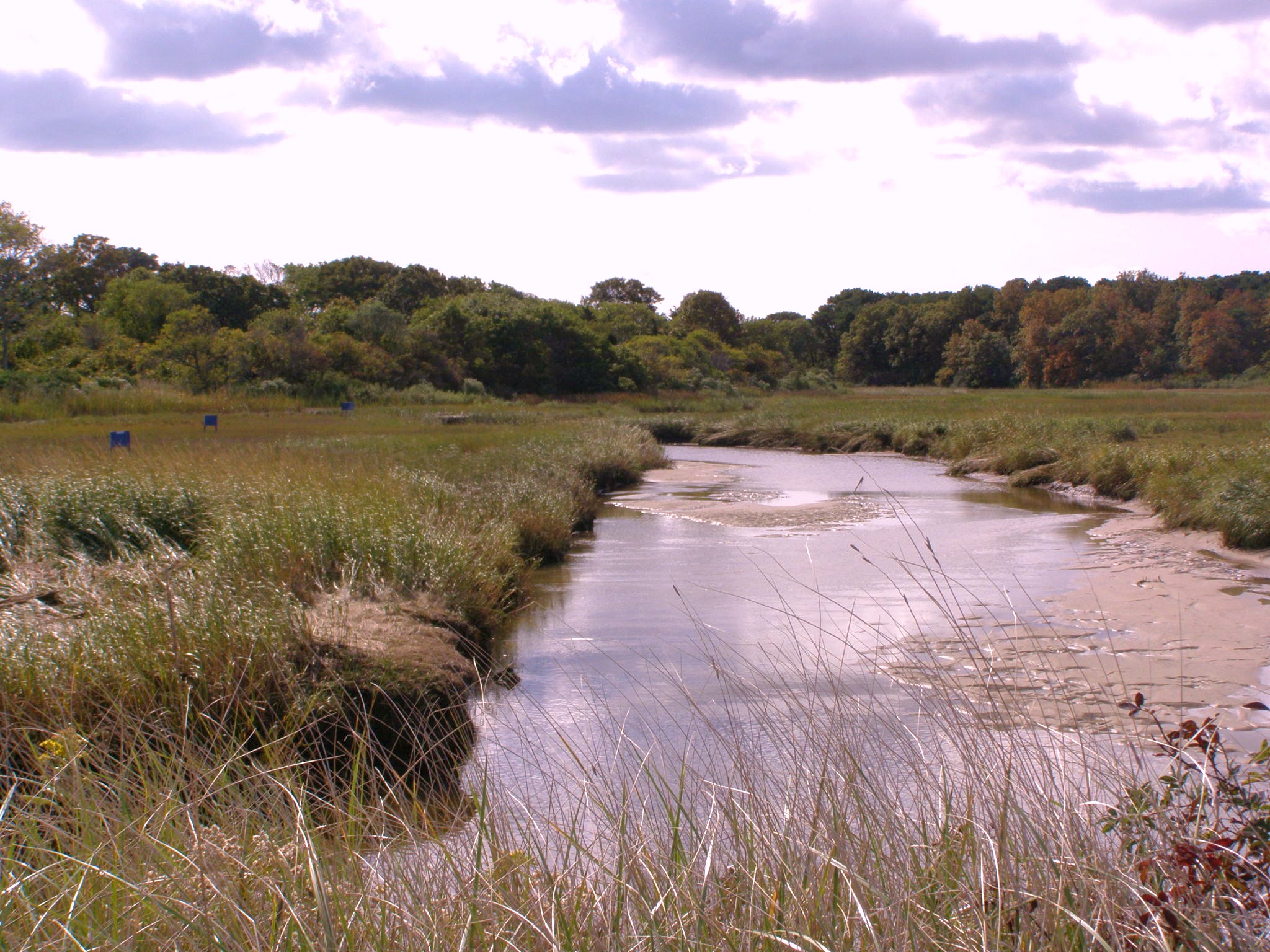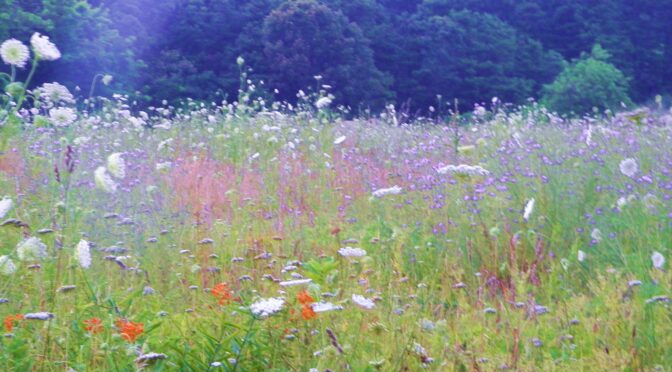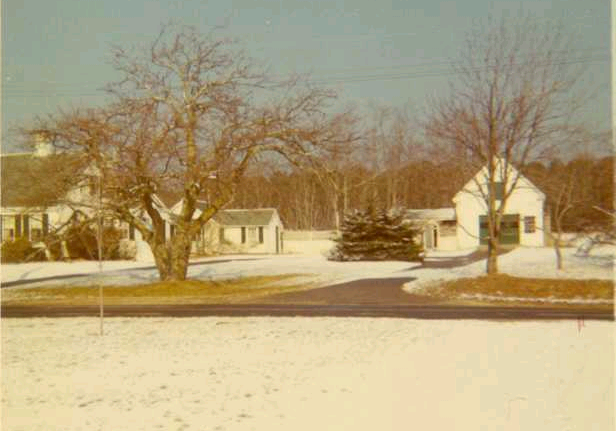Interview with Seth Chagi (World of Paleoanthropology): Additional Commentary
My early childhood home was a traditional New England-style house, said to have been floated across Cape Cod Bay on barrels in 1750. It’s mind-boggling to imagine how challenging it must have been to keep a large, non-aerodynamic, and non-hydrodynamic two-story house on course as it made its way from Boston to Brewster. I’m sure the house was towed by a ship, but that’s still a lot of open water! If the wind picked up, they might have ended up in an entirely different town than where they had planned to reside.
Once they reached the shore, they likely used teams of horses and large wooden rollers to move the house to its final location, where it still stands today. Over the centuries, the house was expanded, and the property turned into a working farm. If only buildings could talk—the stories that house could tell! By the time my family lived there, it was no longer a farm, just an old, rambling home on a narrow country road. At various times, my grandparents, aunts, and uncles lived with us, making it a bright and lively place where we created many happy memories.
Back then, television reception on Cape Cod was practically non-existent, so we entertained ourselves the old-fashioned way—reading, doing crafts, playing music, and the like. I imagine my parents were relieved that none of us had access to bagpipes! Endless piano renditions of “I Love Coffee, I Love Tea” and “Mary Had a Little Lamb” on the violin were bad enough. (My sister eventually became a skilled violinist, even earning the position of second violinist with the Cape Cod Symphony.)
Some of my earliest memories are of walking through the woods with my father. He was an avid outdoorsman, and people often said that if they ever found themselves stranded on a deserted island, they’d choose him to be there with them. Walking through nature with Dad was never rushed. We’d stop and look at things, and he would explain what they were and what they could be used for. He taught me to observe, to listen, and to watch the sky and the animals around me. I also learned to see the outdoors as nature’s grocery store—if you knew where to look, you wouldn’t go hungry. These days, I find myself passing on these same lessons to my grandchildren.

I was an unusual child. Though I had friends, I often spent time alone, wandering the woodlands, marshes, and nearby beaches. I knew where several springs were hidden, offering a refreshing drink when I was thirsty. I built small huts from saplings and thick brush, weaving deadwood to form the walls. I also spent time gazing at nature, mentally taking notes that later inspired my writing. Even as a child, I wrote stories and illustrated them with my own drawings. My explorations often led me to collect treasures—rocks, pinecones, acorns, feathers, bugs, and other fun finds—that surprised my mother during laundry day.
When I was about nine or ten, I decided to build a makeshift tent using a tarp, bits of rope, clothespins, and sharpened sticks as stakes. I set it up across the stream from our house in a small clearing amid the trees. Over time, I gathered a decent camping kit, and eventually, I was given an old but sturdy canvas tent. It served me well until a family of mice took up residence during the winter, leaving my tent with much more “ventilation” than intended. By that point, I had saved enough from my afterschool job to buy a modern nylon tent. Little did I know, that small blue-and-yellow pup tent, along with my camping gear, would come in handy when I first set out on my own. When rentals were hard to find and/or too expensive, I occasionally lived in the woods.
I loved boondocking—that is, camping in the woods rather than in a campground. I’ve never liked campgrounds much, but I’d sometimes stay in them during the off-season. I was fortunate that we didn’t have dangerous wildlife like poisonous snakes or large predators, so I could enjoy nature without much worry. The worst I might encounter was a skunk. Now that I’ve worked for an employer like Fish and Wildlife and seen gruesomely graphic photographs and read the reports of the aftermath of grizzly bear attacks, etc., I am much more aware of the potential hazards. Some folks don’t seem to mind tent camping in bear country, but having seen half-eaten remains, I would only do it in a hard-sided RV. Motivated bears can get into almost anything, but at least an RV gives you a chance to start up the engine and drive away and thus oblige them to run for their dinner.
And that’s it for this entry. I’ll be adding more blogs to go with the Story of Us! podcast.
Be sure to check out World of Paleoanthropology for interviews, articles, book reviews, and much more! It is a veritable goldmine of paleoanthropological information!
To learn more about Dreamer Books: An Ice Age Saga check out these pages!


